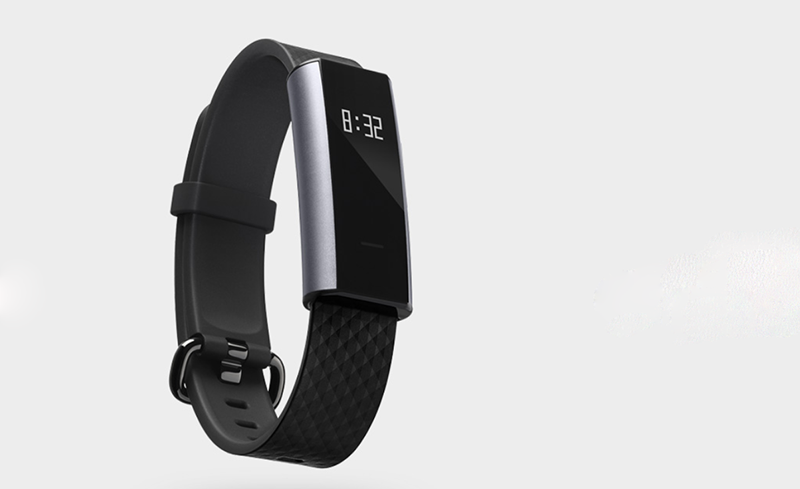Amazfit Arc, a consumer wearable device made by Chinese wearable company Huami, tracks sleep and wake periods with better accuracy than a commonly used clinical-grade actigraph, according to the results of a study conducted by Stanford University Center for Sleep Sciences and Medicine. The Sleep Center conducts research and clinical and educational programs to improve patient care. Huami says that the results suggest that Amazfit Arc is a cost-effective alternative for for large-scale, clinical studies and trials.
For the study, minute-by-minute activity data were collected from two different wearables: Amazfit Arc and Actiwatch Spectrum by Philips. A total of 31 participants wore the watches over a 48-hour period. Twelve participants had no significant health issues or sleep disorders and the remaining 19 participants were patients from the Stanford University sleep clinic. Time-stamped data from each participant was recorded and compared. Researchers concluded that Arc and Actiwatch data were highly correlated, with the Arc yielding fundamentally similar sleep scoring metrics as to Actiwatch, said a press release.

“Actigraphs are widely used portable wrist-worn devices that record the amount and timing of a person’s sleep and wake, but their clinical use is highly limited by their expense,” said Elaine Huo, Head of U.S. Marketing for Huami. “Until now, there was a lack of independent validation for cost-effective research alternatives. This study is the first of its kind to prove that a consumer wearable device can be used as an actigraph for sleep monitoring and that Amazfit Arc is able to produce data comparable to a research-grade actigraph.”
Related Garmin Health Partners with ActiGraph to Create Wearables for Clinical Trials
Huo said her company is pleased to provide researchers worldwide with an opportunity to advance sleep study with more accuracy and offer consumers medical-grade data accuracy for less than $70. “The promising results of the Stanford sleep study is another significant milestone for Huami and largely confirms what users and reviewers have been touting from the beginning — that Amazfit offers the best low-key casual smartwatch around at a remarkable bargain, just like the Casio of the 21st century,” Huo said.












